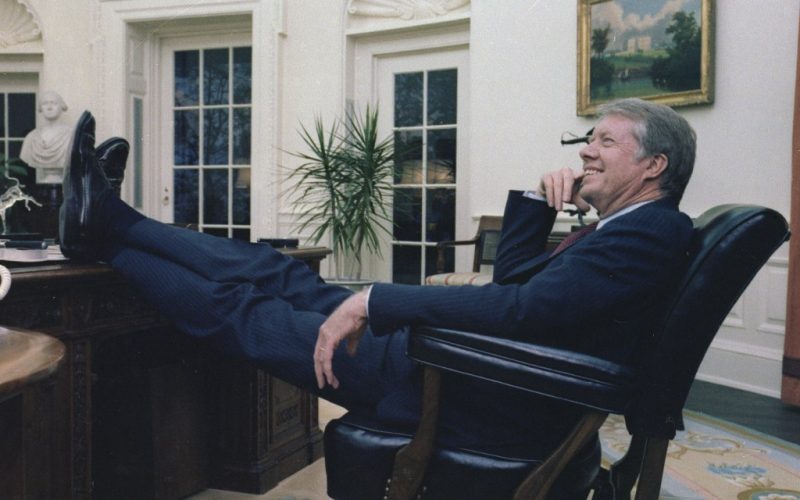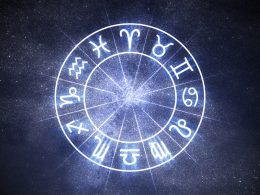As we wrote nearly two years ago when Jimmy Carter entered hospice care, “He was not a great president like Washington or Lincoln. Indeed, Carter had a troubled presidency for four years, but had a very successful post presidency for more than 40 years, promoting peace, democracy, human rights and development.”
Hospice generally means time is short, but the fact that Carter pushed on to reach the age of 100 on Oct. 1 and fulfill his wish to vote (by mail from his home in Plains, Ga.) for Kamala Harris is all the more remarkable about this man, who rose from a tiny town to the world stage.
The obituaries will detail how Jimmy Who?, a one-term governor from the South seemingly came out of nowhere to win the Democratic Party nomination in 1976 against far better known rivals and then narrowly beat Jerry Ford only two years after the never-elected Ford had succeeded Richard Nixon.
The healing after the years of Watergate and Vietnam (including a first day pardon of draft dodgers) wasn’t smooth and the punishing economy, with high inflation, (exceeding 10% in 1979 and peaking in 1980 at close to 15%) was compounded with soaring interest rates (the Fed set their benchmark at 17%!), making the public’s pain reflected with a complete rejection of Carter at the polls four years later, losing 44 states.
Overseas, the overthrow of the shah in the Iranian Revolution and rise of Ayatollah Khomeini tortured Carter with 52 Americans held hostage for exactly 444 days, until Iran released the captives moments after Carter’s successor Ronald Reagan was inaugurated.
But Carter’s time in office did have some successes. He persuaded two-thirds of the U.S. Senate to ratify the Panama Canal treaty, guaranteeing the waterway’s future and which Donald Trump crazily now wants to revisit (don’t do it).
And Carter’s biggest foreign policy victory was the Camp David peace treaty between Israel and Egypt, the first treaty between the Jewish state and any of its Arab neighbors. The Nobel Peace Prize went to Anwar Sadat and Menachem Begin, but without Carter as the matchmaker there would have been no agreement and he should have been included. That Carter then won his Nobel Peace Prize in 2002 should have his second trip to Oslo.
Carter began his longshot presidential campaign on Dec. 12, 1974, a half century ago. And still today, we face the same issues of peace between Israel and her Arab neighbors, dealing with the mullahs in Iran and (now thanks to Trump) the Panama Canal. And inflation and interest rates are still key issues on the homefront.
Carter’s vote for Harris was the 26th presidential election during his lifetime, from 1924 to last month. To think about how long that is, know that there have been 60 elections under the Constitution, so Carter lived during more than 40% of the whole time of this present government.
He believed in our system, even if he disagreed. Eight years ago, when many were shocked that Trump won, Carter was the first former president to RSVP to Trump’s inauguration in 2017 and he showed up in the January cold, at age 92.
As we wrote two years ago, when his time seemed near the end, “Jimmy Carter was an honest and honorable man who served his country.” Running and coming into office Carter often said “I’ll never lie to you.” He never did.








